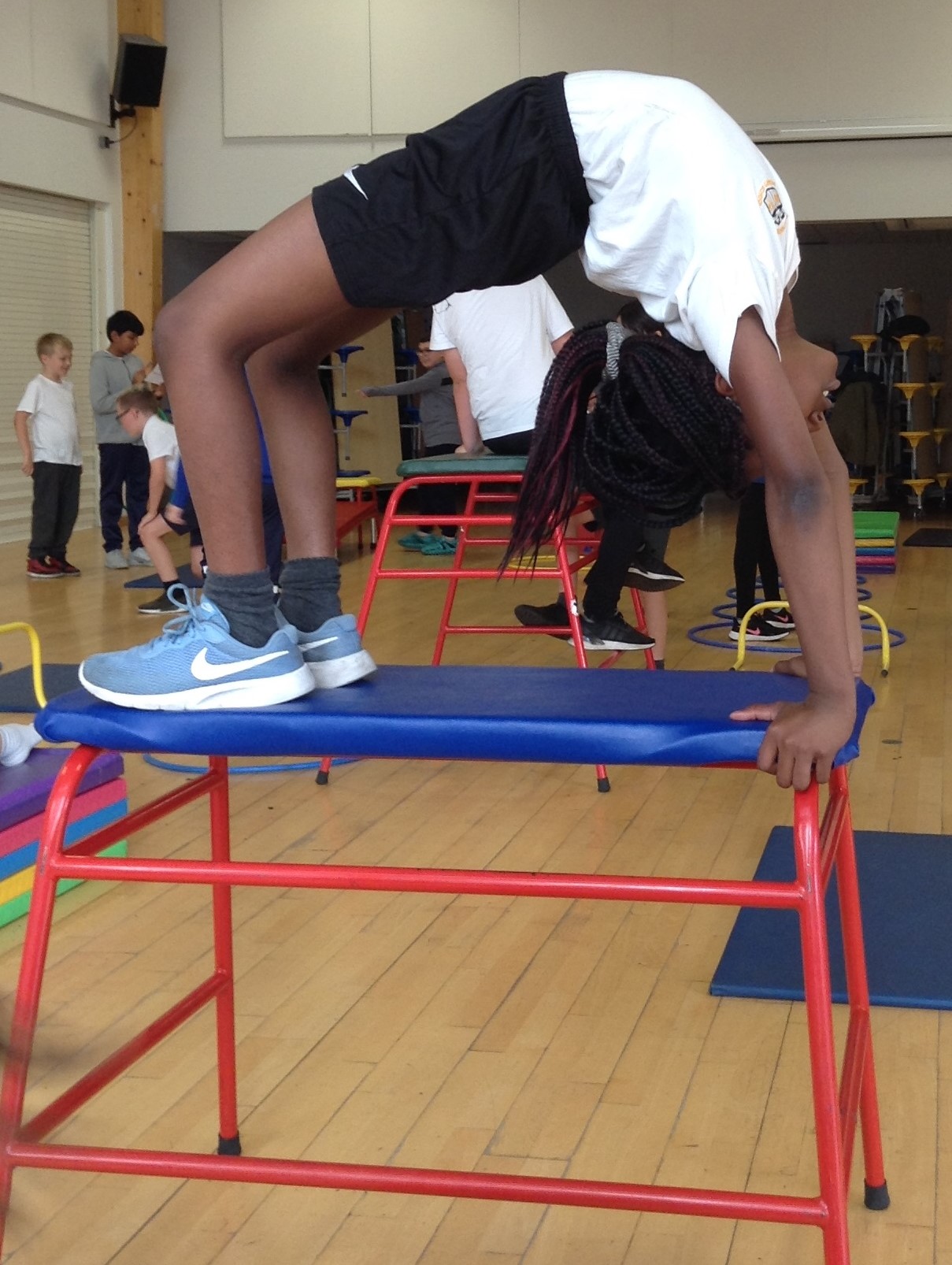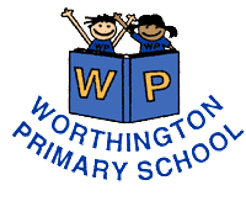Physical Education
Worthington Primary School PE Curriculum Statement
Physical Education (PE) Curriculum - Intent
At Worthington Primary school we recognise the importance of physical education in all aspects of daily life. We explicitly teach the national curriculum to ensure that all children are provided with high quality PE and sport provision. In following the National Curriculum and Early Years Curriculum, we ensure all children:
- develop competence to excel in a broad range of physical activities
- are physically active for sustained periods of time
- engage in competitive sports and activities
- lead healthy, active lives.
The Early Years Foundation Stage (EYFS) follows the ‘Development Matters in the EYFS’ guidance. PE is taught, shared and assessed through the specific areas of Physical Development (Moving and Handling, Health and Self-Care) and Expressive Arts and Design (Being imaginative and Exploring and Using Media and Materials).
Within KS1 the national curriculum states pupils should be taught to:
- master basic movements including running, jumping, throwing and catching, as well as developing balance, agility and co-ordination, and begin to apply these in a range of activities
- participate in team games, developing simple tactics for attacking and defending
- perform dances using simple movement patterns.
Within KS2 it states pupils should be taught to:
- use running, jumping, throwing and catching in isolation and in combination
- play competitive games, modified where appropriate [for example, badminton, basketball, cricket, football, hockey, netball, rounders and tennis], and apply basic principles suitable for attacking and defending
- develop flexibility, strength, technique, control and balance [for example, through athletics and gymnastics]
- perform dances using a range of movement patterns
- take part in outdoor and adventurous activity challenges both individually and within a team
- compare their performances with previous ones and demonstrate improvement to achieve their personal best.
In order to ensure both development and application of skills in sports, we use individualised year group planning by Peplanning.org.uk. Each plan includes the Declarative Knowledge (factual knowledge concerning movement, rules, tactics, strategies, health and participation. Best practiced through spoken or written observations of a practical demonstration), and Procedural Knowledge (knowing how to apply declarative facts. Best practiced through demonstration or participation.)
Skills are built on throughout each year group, giving the children clear progression. This is mapped out in the skills progression grid. The long- term plan ensures these key skills are taught through a variety of;
- Net / Wall activities
- Invasion Games
- Striking and Fielding activities
- Target Games
- Outdoor and Adventurous
- Dance
- Gymnastics
- Athletics
Physical Education (PE) Curriculum - Implementation
P.E. is taught as an area of learning in its own right as well as integrated where possible with other curriculum areas. It is taught for two one-hour sessions per week, with one lesson being taught by a qualified sports coach from an outside agency, and one lesson being taught by the class teacher.
In order to facilitate these lessons, we have a wide range of sporting equipment, including bats, balls, rackets, bibs, quoits and cones. We have four large outdoor spaces for PE lessons (a Key Stage 1 playground, a large, marked Key Stage 2 playground with netball posts, a large grassed playing field with football goals as well a Multi-Use Games Area (MUGA) with fixed basketball posts, as well as a 200m running track and a school sports hall.
All aspects of swimming, water safety and assessment are delivered and monitored by external swimming coaches, using an onsite swimming pool through the Pools for Schools programme. We aim for the National Curriculum standard of 25m to be reached by all children when they leave Worthington at the end of Year 6. Children who are identified as not meeting this standard in Year 6 receive intensive coaching to enable this.
Many children take part in additional physical activity outside of their PE lesson with an aim of increasing their daily activity. Organised clubs and activities take place at lunchtimes and are supervised by qualified sports coaches, lunchtime organisers and play leaders.
We teach lessons so that children:
- Have fun and experience success in sport
- Have the opportunity to participate in P.E at their own level of development
- Secure and build on a range of skills
- Develop good sporting attitudes
- Understand basic rules
- Experience positive competition
- Learn in a safe environment
- Have a foundation for lifelong physical activity, leaving primary school as physically active
We nurture the children with a talent for and interest in sport through a variety of sporting clubs, including running, football, dodgeball, multi-skills club, gymnastics, lacrosse, tennis and many more. Additionally, the school has lacrosse and football teams which take part in local league competitions.
All children in Key Stage 1 and Key Stage 2 are able to participate in Intra School Competition. There are many opportunities across the school including a Key Stage 1 Dance Competition, Lower Key Stage 2 Football Competition and Upper Key Stage 2 Rounders Competition. This encourages friendly competition in a safe, organised and fair environment.
Physical Education (PE) Curriculum - Impact
Impact of the curriculum in Physical Education is monitored through:
- Termly assessment meetings between the PE Coordinator and Sports coach to discuss progress and achievement, and to input data on to the Itrack tracking system
- Learning Conversations – pupils are able to talk confidently about their learning in Physical Education to adults and to each other.
- Images and videos of the children’s practical learning.
- Additional Assessment opportunities:
- self-assessment
- All children in Key Stage 1 and 2 participate in athletics in the Summer Term. They are assessed against the English Schools Athletics Association standards in running, sprinting, throwing and jumping with the aim of improving their PB (personal best) from the previous year
- peer assessment
- Children are invited to comment and evaluate younger children’s performances in dance with older children acting as judges at the Key Stage 1 dance competition
- group assessment
- targeted questioning
- self-assessment

